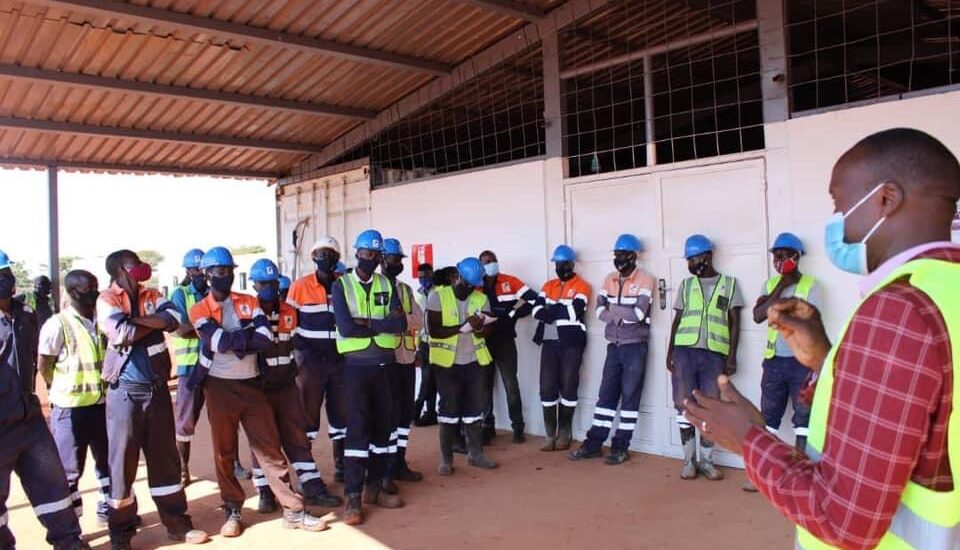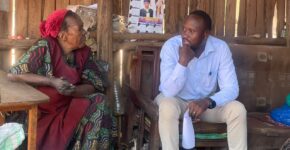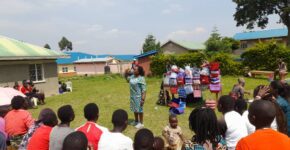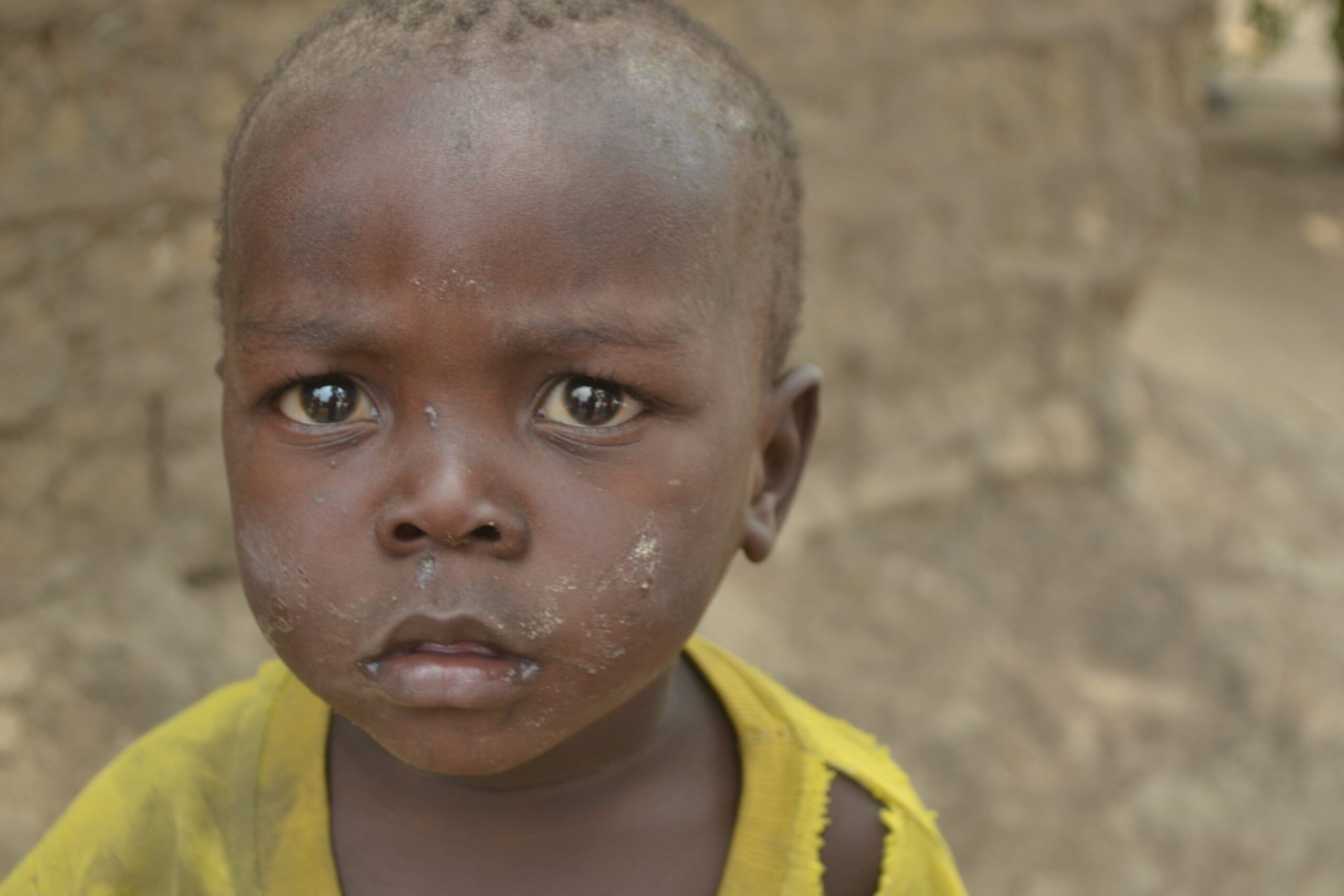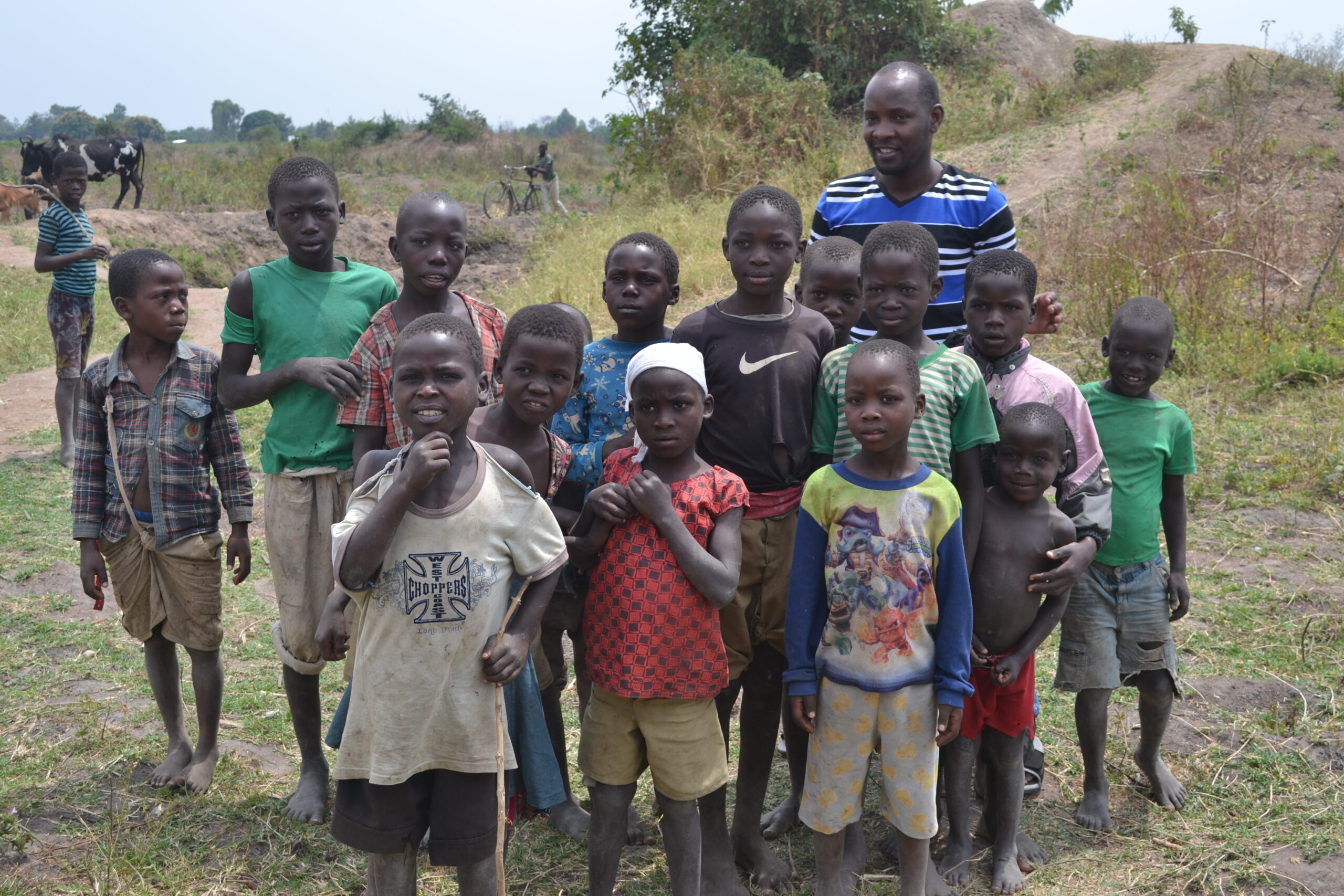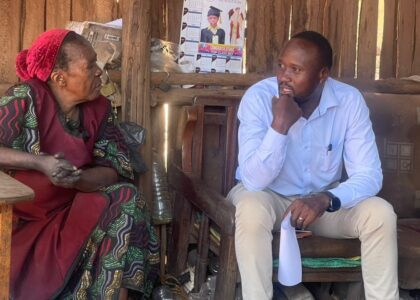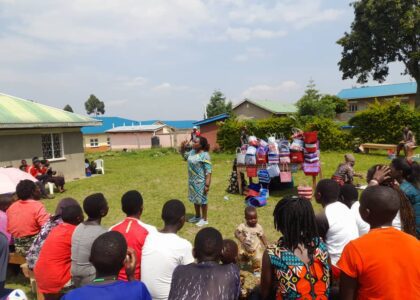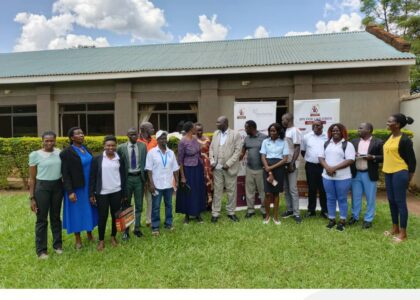The prevalence of gender-based violence and violence against children in large road infrastructure projects in Uganda is a pressing issue that requires immediate attention. Research has shown that the construction and maintenance of roads often lead to an increase in gender-based violence and violence against children in the surrounding communities.
One major factor contributing to the increase of gender-based violence and violence against children cases in road infrastructure projects in Uganda is the influx of migrant workers. Large road construction projects often require a significant number of laborers, many of whom migrate from other parts of the country or neighboring countries. This influx of migrant workers can lead to an increase in gender-based violence, as the presence of a predominantly male workforce can create an environment where women and children are vulnerable to exploitation and abuse.
The temporary nature of road construction projects means that the communities surrounding the project sites often experience rapid demographic changes and social dislocation. This can result in an increased risk of violence, as the breakdown of social and community structures can make it difficult for individuals to seek support and protection in cases of violence or exploitation.
The impact of gender-based violence and violence against children in road infrastructure projects is devastating and far-reaching. Women and children who are subjected to violence often suffer physical and emotional trauma, and their access to essential services such as healthcare, education, and social support may be compromised. The long-term effects of such violence can also impede the development and well-being of affected individuals and the communities in which they live.
What we do
Joy for Children-Uganda was awarded a contract by Uganda National Road Authority to manage the social risks associated with Gender Based Violence (GBV) and Violence against Children (VAC) under NERAMP (Lango Cluster) – RFP No: UNRA/SRVCS/2017-18/00095, Road rehabilitation project. The Lango cluster composes of 4 districts (Lira, Kole, Oyam and Dokolo) and the project is rehabilitation of the existing trunk road connecting Soroti via the named districts up to Corner Kamdini which is being undertaken by a contractor hired by UNRA.
In order to mitigate the social risks associated with GBV and VAC, Joy for Children Uganda has carried out the following interventions:
- Sensitization of NERAMP Project workforce through meetings, dialogues, use of GBV and VAC IEC materials and media mainly radio about prevention of occurrence of the social risks of GBV and VAC.
- Sensitization of community members along the road in identified trading Centre’s and social gathering places through the use of community Barraza, meetings with community, religious and cultural leaders, distribution of GBV, VAC IEC materials in local languages on GBV and VAC and through the use of media mainly radio, drama, dialogues, and sports.
- Sensitization of the school community in identified schools along the road through community Barraza’s, meetings with pupils leaders, children, teachers, members of the Teachers and Parents Associations, through distribution of GBV, VAC IEC materials on GBV and VAC and through the use of media mainly radio, drama, dialogues, and sports.
More efforts needed
In order to address the prevalence of gender-based violence and violence against children in large road infrastructure projects in Uganda, it is essential to implement comprehensive and multi-faceted solutions.
- One approach is to establish and enforce strict labor standards and regulations to ensure the safety and protection of all workers, including measures to prevent and respond to gender-based violence and violence against children. This could include establishing safe reporting mechanisms, providing training on gender equality and violence prevention, and ensuring access to support services for affected individuals.
- Additionally, community-based interventions are crucial to addressing the root causes of gender-based violence and violence against children in road infrastructure projects. This could involve engaging with local communities to raise awareness about the rights of women and children, and to promote gender equality and violence prevention. Working with local leaders, NGOs, and civil society organizations to provide support and advocacy for affected individuals is also essential in addressing this issue.

